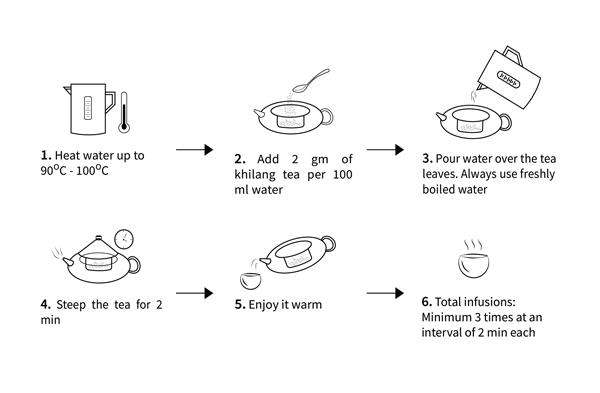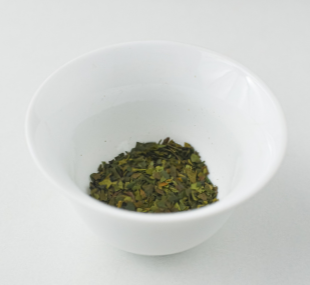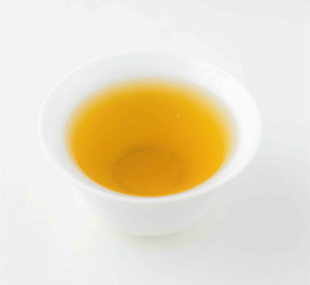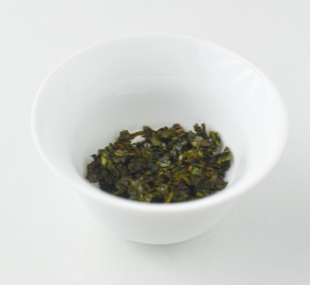Khilang
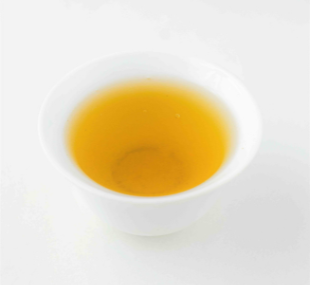
Khilang
- Traditional tea from Tinsukia region, Assam
- Single Origin
- Naturally Organic
Health Benefits :
- Anti-viral
- Good for Overall Health
- Anti-microbial
It is entirely up to you if you like to brew Khilang strong or mild. I normally prefer a modest level of astringency and use 1gm of tea leaves. For one cup of tea, 1-2 gm of Khilang is adequate. To reap the benefits of Khilang, I recommend a strong liquor, which will give you energy, and stamina to work and keep you strong. Khilang, like red tea, can be flavored with milk or sugar. If steeped early, the liquor will be green; if steeped for a long time, the liquor will be orange. It depends on the amount of leaves used; if brewed lightly, it will have a slight astringency; if brewed for a long time with excess leaves, it will taste bitter. The scent is similar to that of fresh, raw tea leaves. The scent of fresh tea leaves remains stronger in tea that is brewed right after processing or within a week of the processing date.
We discovered the origins and history of Khilang in the Tinsukia district a few years ago. We are making this ancient traditional drink available to you for the first time in collaboration with traditional Khilang tea makers. According to the locals, in the 16th century, people in the Barekuri area of the Tinsukia district of Assam identified a medicinal plant. They named it Khilang. It was used for therapeutic benefits and helped to cure malaria, and reduce gastritis, and lethargy. They drank it for breakfast, between meals, and after meals for digestion. Even today, some villagers in the Barekuri area drink Khilang. They prefer Khilang above any other type of tea. In terms of health benefits, they said that it is helpful for malaria, and body aches and that it may reduce the pain from snake bites. As a result, it was regarded as a therapeutic beverage. When the British arrived in Assam in the 18th century in search of tea, the locals discovered that the Khilang leaf was actually a tea leaf. It was tea leaves from indigenous tea trees.
